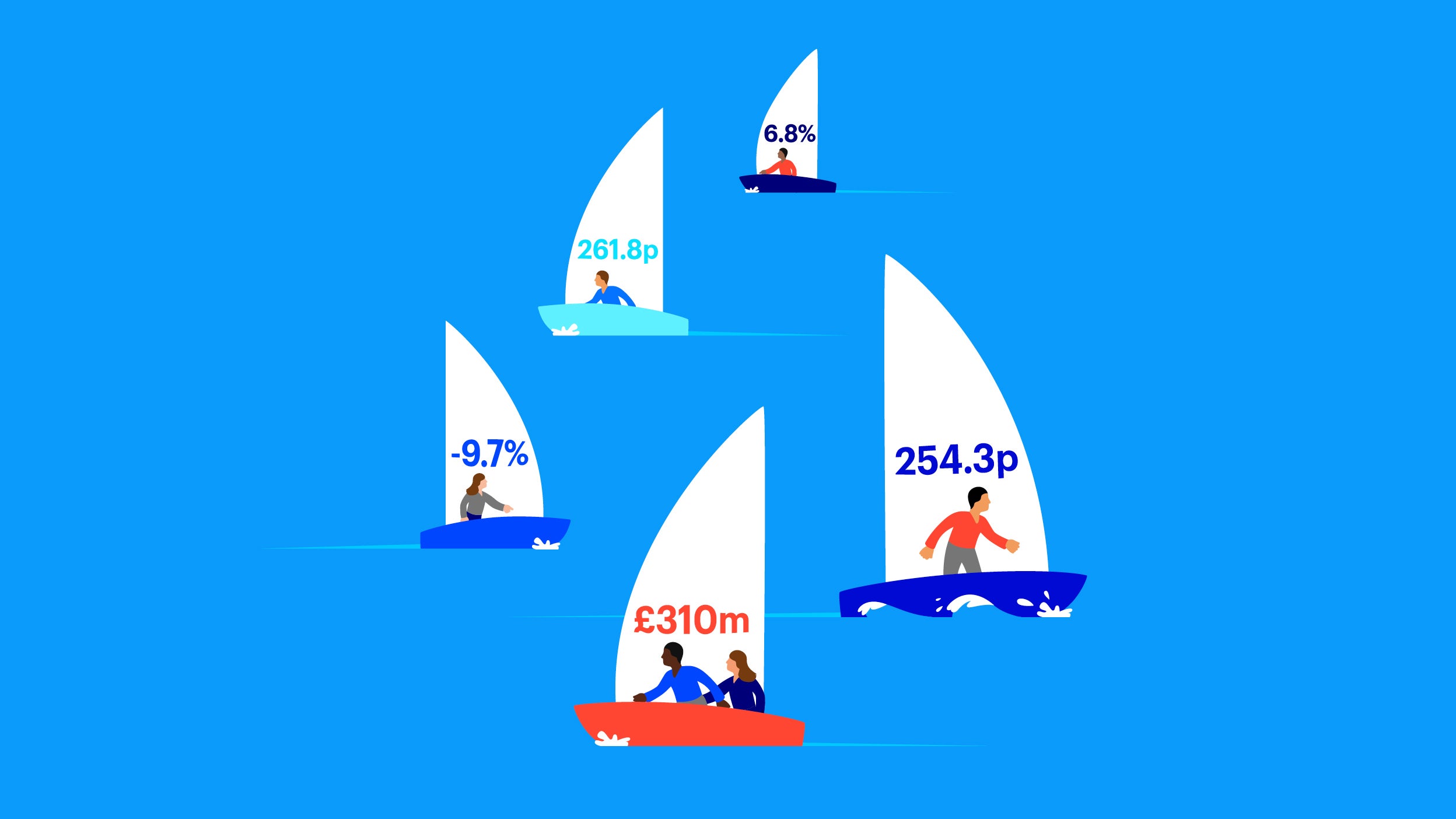You could be forgiven for thinking investment trusts are something to do with tax planning given their name but they’re actually a type of fund that lets you invest in different asset classes, regions and sectors.
What is an investment trust?
Investment trusts allow you to pool your money with others for a professional manager to invest. Unlike other funds, investment trusts are run as public limited companies and listed on the London Stock Exchange. This means investment trusts are companies investing in other companies with the aim of making money for their investors, or shareholders.
How is this different from other funds?
While investment trusts are pooled investment vehicles in the same way as a unit trust or an Investment Company with Variable Capital (ICVC), also known as open-ended investment company (OEIC), the fact they are listed on the stock market means there is a limited number of shares in circulation - or the fund is ‘closed-ended’.
Whereas managers of ICVCs and unit trusts can create new units when a new investor wants to invest - or an existing investor wants to invest more – investment trusts issue a fixed number of shares at launch which then go up and down in price depending on demand. These shares stay in circulation and get bought and sold between investors.
What’s the benefit of being ‘closed-ended’?
The limited number of shares an investment trust issues provides stability for shareholders. The fact that an investor who wants to sell their shares needs to find someone to buy them means there are not big chunks of money flowing in or out unpredictably. This is a problem suffered by some open-ended funds, which can see big inflows and outflows: the former leaves the manager struggling to invest lots of cash all at once and the latter can lead to quick-fire sales of assets at poor prices in order to give investors their money back.
The fact investment trusts are limited does not, however, mean your money isn’t at risk. The value of money you invest in an investment trust can go up and down, and you may end up with less than you started.
Does an investment trust have a manager?
Just like open-ended funds, investment trusts have a manager who will set the investment strategy and invest the money flowing into the portfolio. However, because investment trusts are also companies they are also governed by company rules and rules set out by the London Stock Exchange.
This means they have to have an independent board of directors that oversee the running of the company, hold the fund manager to account, and most importantly, look after shareholders’ best interests. These company rules also give investors more power as they provide you with more rights and protections. Investors can also attend annual general meetings (AGMs) and have the right to vote on policies such as director appointments and changes to the trust.
Where can investment trusts invest?
Like other funds, investment trusts don’t just invest in one or two companies or assets, they spread money over multiple investments in order to diversify the portfolio with the aim of making money.
Just because investment trusts are listed on the London Stock Exchange it doesn’t mean they are limited to investing in other UK-listed companies. Where an investment trust invests depends entirely on its investment mandate, or investment blueprint.
As with open-ended funds, an investment trust can invest solely in the UK, in other geographic regions, or globally, and can focus on equities, bonds, or even property - known as real estate investment trusts (REITs).
If a manager wants to make any big changes to their mandate they must ask shareholders permission by getting them to vote on it.
How can I invest in an investment trust?
You can buy investment trusts via your individual savings accounts (ISA), self-invested personal pension (SIPP), or through a general investment account or as a one-off investment.








